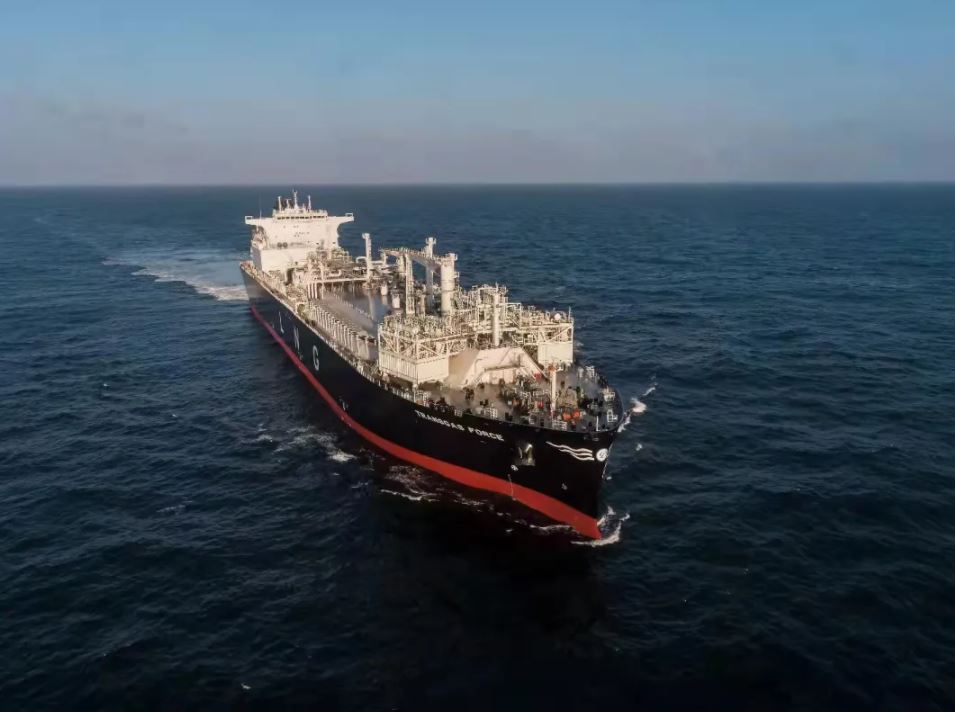German LNG terminal developer Hanseatic Energy Hub said that authorities have approved the early start of construction of a pipeline that will connect the FSRU-based LNG terminal in Stade with the grid.
Gasunie Deutschland, a unit of the Dutch gas grid and LNG terminal operator, Gasunie, won approval for the pipeline ETL 179.100 from the Lower Saxony State Office for Mining, Energy and Geology (LBEG), HEH said on Thursday.
According to a statement by LBEG, the commissioning of the line in Stade-Bützfleth is scheduled for October 2023.
The natural gas transport pipeline will have about 2.9 kilometers in length and runs entirely on the plant premises of Dow.
Once operational, it will transfer be able to transfer up to 6.5 billion cubic meters of natural gas from the FSRU-based terminal to the grid.
LNG jetty to be completed by the end of the year
HEH, the consortium consisting of Fluxys, Dow, Partners Group, and Buss Group, confirmed that it expects the completion of the new LNG jetty in Stade by the end of 2023.
German port firm Niedersachsen Ports (NPorts) is responsible for planning and implementation of the new jetty and officially started building the new infrastructure on January 20.
The infrastructure is worth about 300 million euros ($318 million).
Following completion, the jetty will welcome the 170,000-cbm FSRU Transgas Force, owned by Dynagas, in winter 2023/2024.
HEH is developing the Stade onshore LNG terminal with a capacity of 13.3 billion cubic meters and expects to commission this facility in 2027.
However, prior to that, the energy port will welcome its first FSRU as part of Germany’s plans to boost energy security and replace natural gas pipeline imports from Russia.
The German government, helped by Uniper, RWE, and a consortium of Engie, TES, and E.ON chartered in total five FSRUs that will serve as import terminals in Wilhelmshaven, Brunsbuettel, Stade, and Lubmin.
Uniper and RWE have already installed Hoegh LNG’s FSRUs in Wilhelmshaven and Brunsbuettel, while Deutsche Regas launched its FSRU-based LNG import terminal in Lubmin, the first private facility in Germany.
The next three government-backed FSRU will be placed in Stade, Lubmin, as well as Wilhelmshaven.
Transgas Force and Transgas Power, both owned by Dynagas, will work in Stade and Lubmin, while Excelerate Energy’s FSRU Excelsior will serve the second project in Wilhelmshaven.

